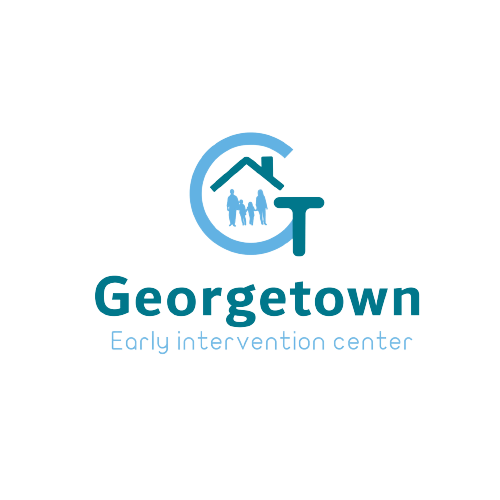Infants:
- Lack of eye contact or gaze
- Difficulty feeding or swallowing
- Difficulty with head control or other motor movements
- Extremely fussy or very quiet baby
- Difficulty regulating sleep patterns
- Medical issues such as reflux, prematurity, asthma, ear infections
Toddlers and Preschoolers:
Articulation
- Excessive drooling
- Highly unintelligible
- Starts to talk and then stops
- Child omits the end sounds of words
- Is not producing /m, p, b, t, d/ – 2 year olds
- Is not producing /k, g, f, n/ – 3 year olds
- Is not producing /sh, ch, j, v/ – 4-5 year olds
Receptive Language:
- Child seems to not hear you
- Child will only respond to things phrased in a certain way (ex., “juice” but not “drink”)
- Little affect or understanding of feelings
- Responds very well to visual cues or gestures, rather than speech
- Echoes what they hear but are not spontaneous in productions
- Trouble with following directions
- Trouble in new situations (daycare, preschool)
- May have behavior problems (frustrations, trouble with transitions)
Expressive Language:
- Lack of true words to communicate
- Lots of pointing, grunting, or crying when attempting to communicate what they want
- Child echoes but is not spontaneous with words
- Cannot maintain topic at hand for any period of time
- Child will start to play with a toy, but is not able to expand the play or move to anything new (e.g., performs the same action over and over)
- Difficulty coming up with names of items or people (word retrieval)
Sensory Integration Issues:
- Child may avoid touch or being touched
- Picky about food, texture, and touch
- Stuffing food in pockets of cheeks
- Difficulty drinking from a straw
- Child may bump into things often or seems not notice where he is walking
- Under reactive to environment
- Often looks like attentional or behavior issues


